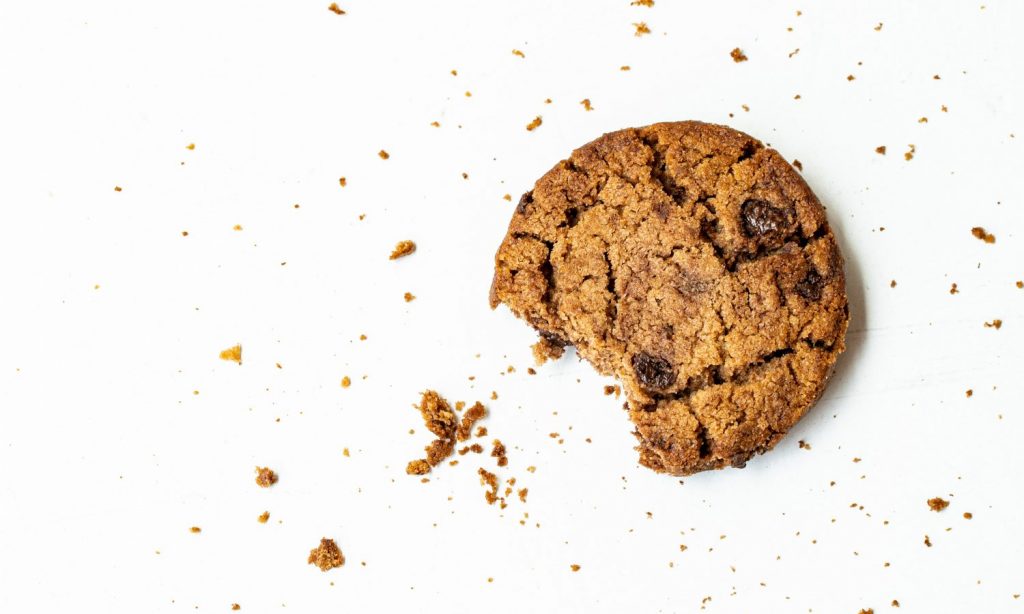Delta 8 THC is a shelf-stable, mildly psychoactive, minor cannabinoid that has been quickly gaining popularity over the last couple years. Also climbing into the mainstream are products made with cannabis distillates, which allow for incredibly potent products with accurate dosing. When combined – Delta 8 THC Distillate – we have a powerhouse product that’s full of therapeutic benefits and steadily flying off the shelves.
What is Delta 8 THC?
Before we talk about the medical benefits of this cannabinoid, let’s talk about what exactly Delta 8 THC is, and how it’s different from the more well-known, Delta 9 THC. Delta 8 THC (tetrahydrocannabinol) is a naturally occurring, minor cannabinoid found in the cannabis plant. Although it’s structurally similar to Delta 9 THC, there are some major differences as well.
For example, Delta 9 THC is the cannabis plant’s most abundant psychoactive compound, whereas Delta 8 is only found in trace amounts. As a matter of fact, Delta 8 is not even produced by the enzymes in cannabis, rather, it is created when Delta 9 THC oxidizes and slowly degrades into Delta 8. Further degradation of Delta 9 would create the cannabinoid CBN (cannabinol).
When it comes to the chemical difference between Delta 8 and Delta 9, it all comes down to one molecule. In chemistry, “Delta” refers to the double bond in a compound’s molecular structure. Delta compounds have more electrons and will interact with the body in a different way than single bond cannabinoids. The difference between the Delta THC analogues comes down to where the double bond is located on their chain of carbon atoms. Delta 9 has this bond on the 9th carbon chain, and Delta 8 THC has the double bond on the 8th carbon chain. It seems like a small difference, but it can be significant.
Similar to its more dominant counterpart, Delta 8 THC is a partial agonist for both the CB1 and CB2 receptors, although it seems to have a stronger affinity for CB1. This means there are effects to be felt in numerous different parts of the body, despite having weaker psychotropic potency. The National Center for Biological Information (NCBI) describes delta-8 THC as follows: “An analogue of tetrahydrocannabinol (THC) with antiemetic, anxiolytic, appetite-stimulating, analgesic, and neuroprotective properties.”
What Medical Conditions Could Be Treated With Delta 8 THC
Insomnia
Inadequate sleep can have a profound impact on one’s health. In the short-term, it can affect mood and judgement, the ability to learn and retain information, and it can increase the possibility of an immediate accident or injury. Over a longer period of time, lack of sleep can lead to diabetes, obesity, cardiovascular disease, and even early death.






